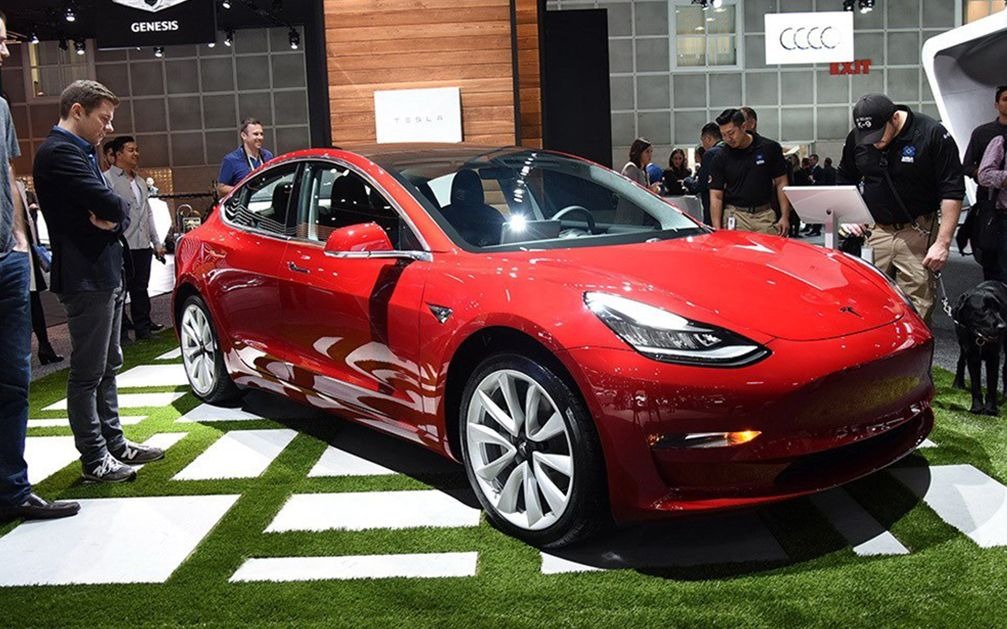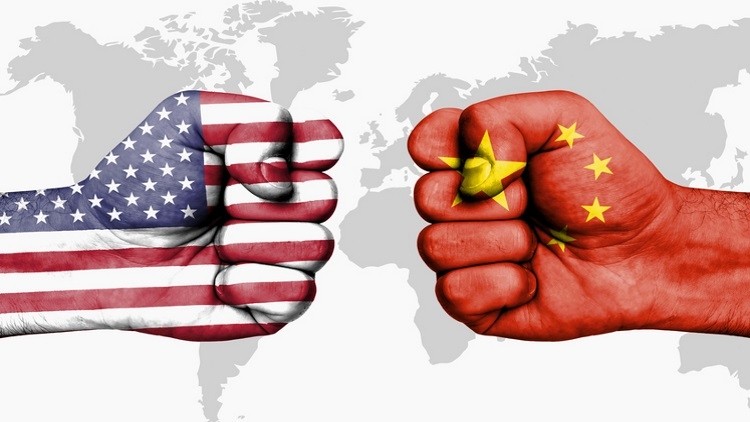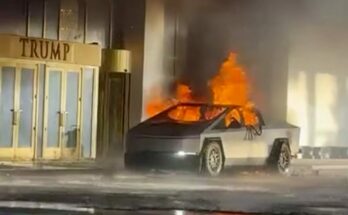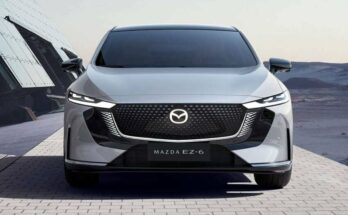The United States has been by far the largest export market for China for many years. For that reason, the trade war U.S. President Donald Trump is waging against China may well sap the growth of the Chinese economy.
Related: China Fines GM $29 Million For Monopolistic Pricing
But China’s auto industry has little to lose and much more to gain from Trump’s crusade and the response it has elicited from the Chinese government. That’s something the Trump administration probably never intended.
Facing Trump’s threats and tariffs, Beijing announced plans in May to phase out all restrictions on foreign carmakers operating in China by 2022, including the 50% cap on foreign ownership of manufacturing joint ventures in the country.
The deregulatory move, meant to defuse tension over bilateral trade between China and the U.S., will enable foreign automakers to gain control of local operations and better protect technology and intellectual property. It has so far won the hearts of global automakers, especially German players.
Related: BMW Set to Raise Stake in Brilliance JV Above 50%
BMW this week signed an agreement with local partner Brilliance Automotive Group Holdings to expand the annual production capacity of their joint venture in the northeast city of Shenyang to 520,000 in 2019. That will make the joint venture BMW’s largest production base worldwide, surpassing its U.S. assembly plant in Spartanburg, S.C.

The German luxury carmaker also plans to start building the all-electric BMW iX3 at the joint venture in 2020 for China as well as overseas markets.
Volkswagen Group also agreed this week to establish an R&D center at its partnership with Jianghuai Automobile Co. to assist electric vehicle development for the Seat brand in China.
Related: VW Signs MOUs with FAW and JAC
In addition, VW signed a deal with another joint venture partner, China FAW Group Corp., to jointly develop battery-charging infrastructure and related services for EVs as well as intelligent- and connected-vehicle services.
The German auto giant plans to roll out 40 locally produced EVs in China under various brands over the next seven to eight years at its joint ventures with JAC, FAW and SAIC Motor Corp. VW also pledged to invest some 15 billion Euros in e-mobility, autonomous driving, digitalization and new mobility services along with its three Chinese partners.
By targeting China and its trade surplus with the U.S., Trump hopes to protect American jobs and coerce more investments at home. But that has proved to be wishful thinking, even with U.S. carmakers.
Consider the juvenile EV maker Tesla Inc.
China is Tesla’s second-largest market following the U.S. In 2017, Tesla derived 17 % of its annual revenue from China.
On July 6, the Trump administration imposed 25% tariffs on $34 billion of Chinese goods. The same day, Beijing retaliated by levying an equal level of punitive tariffs on U.S. imports. Vehicles produced in the U.S. have since been subject to 40% custom duties at the China border.
Related: Tesla CEO Elon Musk Wants Donald Trump to Challenge China’s Trade Rules
To prevent the hefty tariff from jeopardizing sales, Tesla CEO Elon Musk has decided to build vehicles in China ahead of schedule. He flew to Shanghai on Tuesday to ink a deal with the city government to establish an assembly plant in suburban Shanghai.
The factory, due to start production in 2020, will eventually crank out up to half a million EVs a year. It will be Tesla’s first assembly plant outside the U.S.

Trump is poised to further escalate the trade war with China. This week, the U.S. released a list of another $200 billion in Chinese goods that will become subject to an additional 10% tariff later this year.
To be sure, Trump’s tariffs on Chinese goods have killed the plans of some Chinese automakers, notably Great Wall Motor Co. and Guangzhou Automobile Industry Group Co., to enter the U.S. any time soon.
Related: Tesla Posts New Record Quarterly Loss: US$ 784.6 million
But as Trump has prompted Beijing to ease foreign ownership rules and hike tariffs on U.S.-made vehicles only, more global automotive brands, including some American marques, will likely follow the steps of BMW, VW and Tesla and add new products and expand local production.
It all means the trade dispute the U.S. has unleashed under Trump will continue to work in favor of China’s overall auto industry, if not the Chinese economy.

A computer animation professional with over 23 years of industry experience having served in leading organizations, TV channels & production facilities in Pakistan. An avid car enthusiast and petrolhead with an affection to deliver quality content to help shape opinions. Formerly written for PakWheels as well as major publications including Dawn. Founder of CarSpiritPK.com





